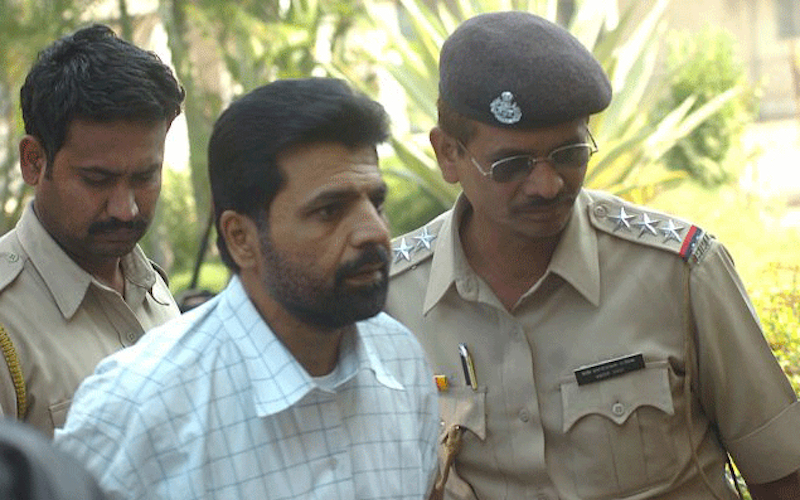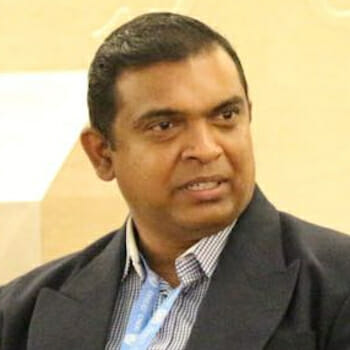
On India’s Use of the Death Penalty
Capital punishment or the death penalty has been abolished completely in 103 countries. 50 countries have not used it for the past 10 years or more or they practice a moratorium. Public opinion against the death penalty around the world is increasing. According to Amnesty International, 37 countries had the death penalty in 1994, compared with 22 today. In Europe and Latin America, the practice has essentially been entirely banished and an increasing number of African countries are reviewing their laws. Recently, two victims, one in China and the other in the US, were found to be innocent following their executions. Can the state give back their lives?
India, the world’s largest democracy shamelessly continues to apply the death penalty. On Sunday the famous Bollywood star, Salman Khan, tweeted against the death penalty for Yakub Memom who was accused in the 1993 Mumbai serial bomb blasts case and was ultimately executed on the July, 30 2015. Immediately after the tweet, he received support from former Bollywood star and present BJP Member of Parliament, Shatrugan Sinha.
What followed was a shameful reflection on the rich heritage of India as a tolerant and non violent country. Goons from the BJP and Shiv Sena gathered in large numbers and protested in front of Salman Khan’s house. The actor withdrew his tweets.
Without going into the merits of the case, one needs to understand that the state is meant to protect its subjects, not necessarily by killing those who have caused harm to fellow subjects of the state. If revenge is the answer, the state need not exist. Hammurabi’s code of laws was discarded as draconian ages ago. There is no greater glory to the state than showing mercy and compassion to its offenders.
Death penalty has been there since time immemorial and the argument is that it acts as a deterrent to those who may think of committing a heinous crime, but has it had the desired result over thousands of years? One who has made up his mind to terrorize and kill innocents is never deterred by the consequences of his action.
The Indian public needs to understand that terrorism is not the biggest killer in India, poverty and misguided government policies are. Farmer suicides have killed more than 300,000 farmers since independence in 1947. (There was a 26% increase in farmer suicide in 2014 alone).
Diseases, unsafe roads and railways are the biggest killers and the state does not highlight these issues as there are no political gains to be had.
More than 200 prominent people in India have sought clemency for Yakub Memon. By killing Yakub Memom, will the 250 victims of the 1993 blasts be brought back to life, or would his execution bring solace to all the families of those victims?
What has happened to this country of Mahavira, Buddha, Ashoka the Great? The world over we Indians are respected for the Gandhian ideals of truth and ahimsa (non violence). We were the torch bearers of Human Rights around the world. Would the hanging of Yakub Memom satisfy our collective thirst for blood? Here I am reminded of the few lines of George Orwel’s essay, A Hanging:
It is curious, but till that moment I had never realised what it means to destroy a healthy, conscious man. When I saw the prisoner step aside to avoid the puddle I saw the mystery, the unspeakable wrongness, of cutting a life short when it is in full tide. This man was not dying, he was alive just as we are alive. All the organs of his body were working – bowels digesting food, skin renewing itself, nails growing, tissues forming – all toiling away in solemn foolery. His nails would still be growing when he stood on the drop, when he was falling through the air with a tenth of a second to live. His eyes saw the yellow gravel and the grey walls, and his brain still remembered, foresaw, reasoned – even about puddles. He and we were a party of men walking together, seeing, hearing, feeling, understanding the same world; and in two minutes, with a sudden snap, one of us would be gone – one mind less, one world less.
The greatest pleasure and the path to inner peace is in forgiving and not seeking revenge. Forgiveness would surely elevate India as a morally powerful country ready to take up the leadership role for those who are victims of terrorism.
